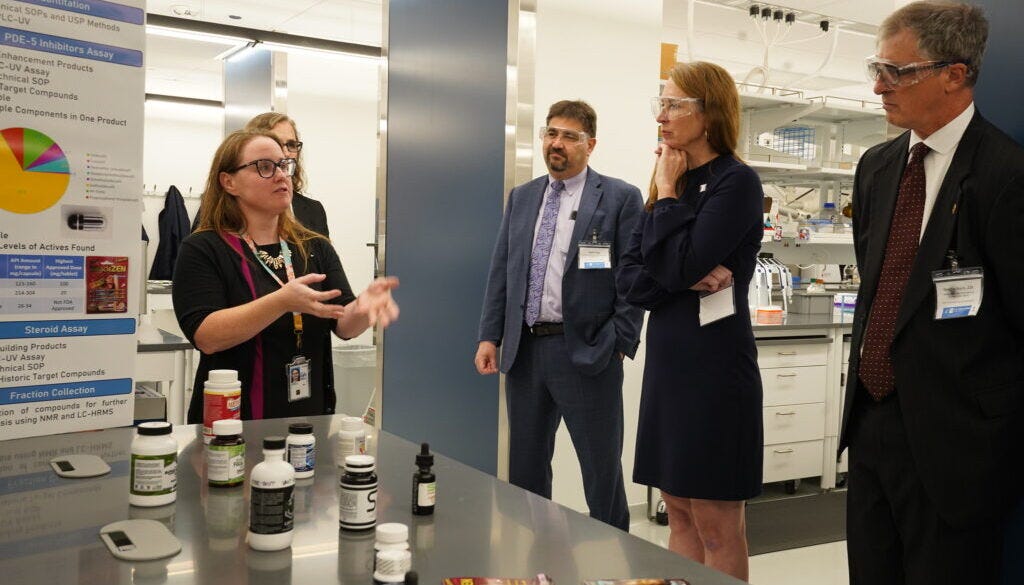Must-read recap: The New Lede's top stories over the last week
Unpacking the MAHA report, the regenerative ag “turf war” and much more.
Last week, the Trump administration's Make America Heathy Again (MAHA) Commission issued a 68-page children’s health assessment that received mixed reactions from public health advocates. In other news, a lawsuit alleges that Louisiana legislation prevents community groups from warning residents about poor air quality. Meanwhile, the pesticide maker Bayer is pushing legislation that would shield the company from lawsuits by sick farmers.
This week we’ll be out in the field spending time in communities struggling with the lasting impacts of chemical contamination. We’ll also attend a Congressional briefing on PFAS in the Great Lakes region.
Here’s the latest from The New Lede:
Louisiana law leaves vulnerable communities without warnings of poor air quality, lawsuit alleges
A new Louisiana law violates federal air quality protections by preventing community groups from using data collected with certain types of monitoring equipment to call out air quality violations in polluted industrial areas, according to a lawsuit filed May 22 by environmental and health organizations. (Read the full story.)
Health advocates applaud MAHA report for calling out chemical harms, but say it falls short
Exposures to pesticides and other chemicals, ultra-processed foods and over-prescription of medications are among the factors contributing to an epidemic of chronic disease in America’s children, according to a government report issued May 22 by the Trump administration’s controversial “Make America Healthy Again” (MAHA) Commission. (Read the full story.)
Pesticide makers continue quest for immunity from lawsuits by sick farmers
LA MOTTE, Iowa — Ray Bickel spent over a decade driving a truck through giant corn and soybean fields in Clinton County, Iowa, applying pesticides. He says it was good work, while it lasted. After a heart attack in 2017, Bickel was diagnosed with cancer, which doctors suggested could be because of his years working with Roundup, a widely-used herbicide. Now he is one of many farmers suing the maker, Monsanto, which is owned by Bayer. (Read the full story.)
Q&A — A look at the “turf war” over regenerative agriculture
Consumers looking for healthy foods grown without the use of chemicals have long been able to shop grocery aisle for products carrying an “organic” label. Over the last several years, an approach called “regenerative” agriculture has been sprouting up alongside organic, with a growing number of agricultural producers working to have their products certified as regenerative. (Read the Q&A.)
Opinion: The FDA needs to go beyond synthetic dyes to make food safer
The US Department of Health and Human Services (HHS) and the US Food and Drug Administration (FDA) recently targeted synthetic dyes in food, calling on food companies to eliminate their use. But dyes are not the only harmful petroleum-based chemicals in our food. (Read the full opinion column.)
Opinion: Can environmentalism make sense again?
At a time when climate-related headlines often read like obituaries for our planet, Earth Day 2025 offered something rare – a reason for hope. Not the naïve optimism that suggests salvation is assured, but rather compelling evidence that we can make people act for good when we get the messaging right. (Read the full opinion column.)
(Top image by ANGELA BENITO on Unsplash.)









